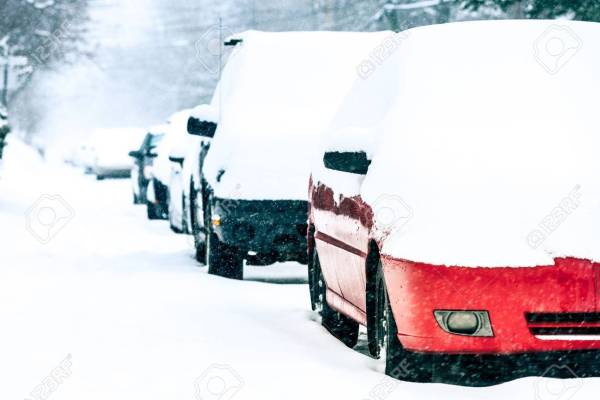Last week, much of the eastern United States (Illinois, Michigan, Indiana, Kentucky, Ohio, West Virginia, Pennsylvania, New Jersey, Maryland, New York, Connecticut, Rhode Island, Massachusetts. Vermont, New Hampshire) experienced its first snowfall of the year. Given that winter does not officially begin until December 21, this snowfall was much earlier than expected, just as in March there was snow into the spring. Because of governmental unpreparedness, states’ transportation systems became essentially paralyzed. In my state of New Jersey, lack of governmental preparation meant that a trip that should have taken me 20 minutes, took 12 hours. The government seems not to have been much involved at all, as it was fellow citizens who distributed water and snacks to others and offered their cell phones for use to those in need.
Ambulances, though, were present. Unfortunately, as it was almost impossible to move one’s car, the ability for ambulances to get through traffic was difficult. For those who sustained an injury during a snowfall-related accident, I can only imagine how horrific that must have been. For those who live with brain injuries and were driving or were passengers in a car, the concern was great – would lack of medication result in negative outcomes, would fatigue overcome, etc.?
In 2005, the NIH reported, “To date, only 2 previous studies have examined the effects of the first snowfall of the season,” on collisions, injuries and fatalities. Research shows that since that time, that number does not seem to have greatly increased. However, all agree that the first snowfall of the year is substantially more dangerous.
Today, Thanksgiving, while snow may not be in the forecast, “The coldest Thanksgiving in over a century for millions plus traffic troubles,” is anticipated. Typically, studies and articles that focus on driving difficulties during the holidays address the effects of driving under the influence of alcohol. Add to that the hazardous effects of snowfall and the risk becomes even greater.

